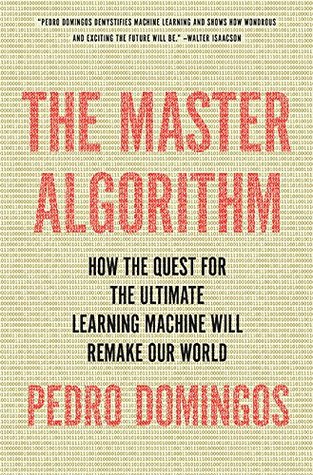No one is sure who invented the Naïve Bayes algorithm. It was mentioned without attribution in a 1973 pattern recognition textbook, but it only took off in the 1990s, when researchers noticed that, surprisingly, it was often more accurate than much more sophisticated learners. I was a graduate student at the time, and when I belatedly decided to include Naïve Bayes in my experiments, I was shocked to find it did better than all the other algorithms I was comparing, save one—luckily, the algorithm I was developing for my thesis, or I might not be here now.
Welcome back. Just a moment while we sign you in to your Goodreads account.


